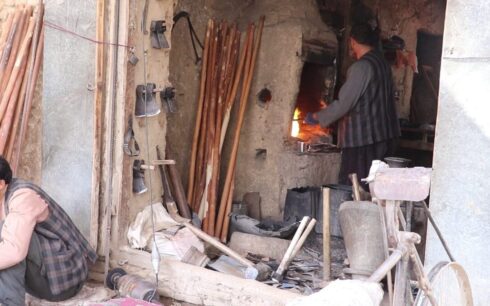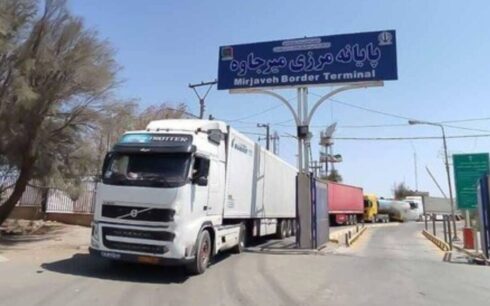The UN Development Programme (UNDP) stated in a report released Thursday that Afghanistan’s economic recovery depends on international support for boosting productivity and reinstating women’s rights.
The report, “Two Years in Review: Changes in Afghan Economy, Households and Cross Cutting Sectors,” assesses socioeconomic changes in Afghanistan since the Taliban’s return to power in August 2021. It highlights the erosion of women’s rights and a near-collapse of the banking system as major concerns.
According to the report, the Afghan economy has contracted by 27% since 2020. It introduces the Subsistence Insecurity Index (SII), revealing that 69% of Afghans lack adequate resources for basic subsistence living.
The aim of the report is to guide policy discussions and strategic decisions to help Afghanistan recover from social and economic shocks and progress towards stability, prosperity, and resilience.
Factors contributing to the economic stagnation include restrictions on the banking sector, disruptions in trade and commerce, weakened public institutions, and minimal foreign investment and donor support.
The loss of technical expertise in public institutions, particularly the departure of women employees, is exacerbating the situation.
Despite some progress in areas like security and control of opium production, these efforts have not significantly altered the country’s trajectory.
The humanitarian and economic crises, compounded by restrictions on women’s rights, have severely impacted women. Their access to public spaces, food consumption, and income equality have diminished significantly. Women’s workforce participation has dropped from 11% in 2022 to just 6% this year.
The SII uses 17 non-monetary indicators to measure deprivation, revealing that nearly 70% of Afghans cannot meet basic needs for food, healthcare, and employment.
Stephen Rodriques, UNDP Resident Representative in Afghanistan, emphasized the importance of international assistance, which has prevented starvation and economic collapse. However, he noted that aid is declining while the majority of the population remains vulnerable.
Rodriques stressed the need for investment to stimulate the private sector and financial system recovery. The report also highlights the importance of addressing challenges in the banking and microfinance sectors, crucial for supporting women-led enterprises.
The UNDP urged that women’s economic participation be a priority in addressing Afghanistan’s crises, calling for local economic development, resilience against shocks, and robust private sector-led growth.
The agency also emphasized the need for a focus on lasting recovery and prioritizing the needs of all vulnerable Afghans, particularly women and girls.





